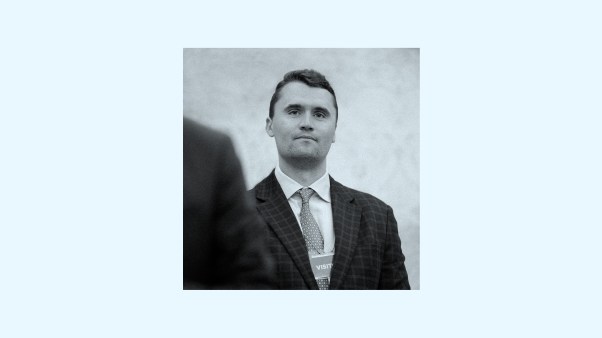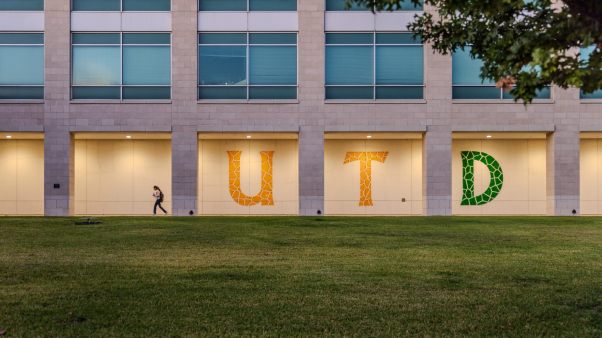We all know we shouldn’t text as we drive. Or more precisely, we all know other people shouldn’t text as they drive. As for me, I’m exceptionally cautious, just sending off a few words to keep life moving. Plus, my texts aren’t a real problem since I’m an excellent driver.
It turns out that 93 percent of us in the United States believe we are above-average drivers—a conclusion that defies the very notion of what average means. Likewise, most of us perceive ourselves to be above average in intelligence, friendship, marriage, parenting, leadership, social skills, work ethic, and managing money. As a college professor, I might guess myself to be immune from this sort of normative overestimation, and that guess would be wrong. Almost 9 out of 10 college professors believe themselves to be above-average teachers.
We live in a Keilloresque Wobegon world where “all the women are strong, all the men are good looking, and all the children are above average.” To admit being average at anything—or worse yet, to call someone else average—seems shocking these days. But while it may come as no surprise to Christians commanded to “be completely humble” (Eph. 4:2), it turns out that humility is really good for us. It just took the science a while to prove it.
Experiments of Virtue
For many decades psychologists have studied what goes wrong with people and how to help repair the damage. In contrast, positive psychology—the science of virtue—looks at what goes right with people and how to help them flourish and thrive. Many of today’s leading scholars in positive psychology are Christians studying topics such as forgiveness, gratitude, hope, wisdom, grace, and humility.
For example, studies have now found a striking array of benefits around forgiveness. Compared to less-forgiving peers, forgiving people have lower blood pressure; lower bad cholesterol and resting heart rates; improved sleep and immune systems; less depression, anxiety, and anger; enhanced relationships; more optimism; and a greater sense of overall well-being. One recent study shows that people can even jump a little higher after forgiving another person.
Similarly, grateful people view their lives more favorably than others, have increased energy and self-confidence, and demonstrate better coping. They are more generous and optimistic, have a greater sense of purpose, have fewer medical problems, exercise more, and sleep better than their peers.
Humility research was stymied for a time because of the challenges with having people self-report how humble they are. But several research labs have discovered better ways to assess humility, typically involving a combination of self-reporting and reports from knowledgeable peers and family members. Researchers have developed scales to measure intellectual humility, relational humility, and cultural humility. Some are working on spiritual humility as well.
As with forgiveness and gratitude, humility fosters physical, mental, and relational health. Humble people are more grateful and forgiving, so they enjoy the benefits of those virtues. They are also more generous and helpful than others, have better romantic relationships, have less anxiety about death, and experience less spiritual struggle. They perform better at school and work, show more compassion to others, and even have better self-esteem than less humble people.
Defining Humility
Humility does not require self-loathing or self-belittling, but it calls us to dial back our normal tendency to overestimate our abilities and behaviors.
Scientists point to three primary qualities of humble people. The first two are that humble people have a reasonably accurate view of themselves (neither too high nor too low), and they pay attention to others. That is, humble people flip upside down what comes naturally for most of us—to view ourselves with great generosity and others with suspicion.
Humble people flip upside down what comes naturally for most of us—to view ourselves with great generosity and others with suspicion.
Social psychologists have long discussed something called the fundamental attribution error. If something good happens to me, I tend to attribute it internally, as a result of my hard work or personal qualities. If something good happens to you, I explain it externally, based on your life circumstances or chance. If I do well on an exam, it’s because I’m smart. If you do well, it’s because the exam was easy. We tend to reverse our explanatory style for bad outcomes. If I get in a car accident, it’s because of external causes, such as ice on the road. If you get in an accident, you’re a bad driver.
Humility stirs this up, challenging us to confront ourselves and seek to grow where we find ourselves lacking. New York Times columnist David Brooks, in his book The Road to Character, notes that humble people are willing to confront themselves. “The inner struggle against one’s own weaknesses is the central drama of life,” he wrote. “Truly humble people are engaged in a great effort to magnify what is best in themselves and defeat what is worst, to become strong in the weak places.”
But even the humble practice of self-confrontation can lead us astray if it promotes self-preoccupation. Whether we are seeing good or bad things about ourselves, humility calls us to simply put the mirror down and look around. Develop empathy and compassion for others. Be generous in how we understand their struggles and foibles. “Don’t look out only for your own interests, but take an interest in others, too.” (Phil. 2:4 NLT). This ability to consider the other is the preamble the apostle Paul offers to his description of the great self-emptying of Jesus, the most powerful display of humility ever witnessed (Phil. 2:6–11).
The third quality of humble people is in many ways an extension of the first two qualities of humble people: They’re teachable, open to learning new things. There is ample scientific evidence that we tend to be more confident than correct in our opinions and gravitate toward evidence that confirms what we already believe rather than considering alternative views. This confirmation bias is swirling all around us in today’s polarized political climate. If we agree with something we read, then it’s remarkably well written. If we don’t, then it must be fake news. Humble people confront these natural tendencies by going out of their way to consider differing perspectives. Where might I be wrong, and how can I learn from the other?
Even the best science on virtue, of course, has limited power to save us from vice apart from the transforming power of grace. We lose the very construct of forgiveness if we remove the foundational belief that we are first forgiven by Jesus before being asked to forgive one another. I’m not sure there is some generic form of gratitude that is the same as being grateful for Jesus, who came to be with us in our struggle. Nor might we ever fully understand humility without having “the same mindset as Christ Jesus: Who, being in very nature God, did not consider equality with God something to be used to his own advantage; rather, he made himself nothing by taking the very nature of a servant, being made in human likeness. And being found in appearance as a man, he humbled himself by becoming obedient to death—even death on a cross” (Phil. 2:5–8).
Mark R. McMinn is professor of psychology at George Fox University and author of The Science of Virtue: Why Positive Psychology Matters to the Church (Brazos, August 2017).
Are we right about this? Off the mark? Share your feedback here.










